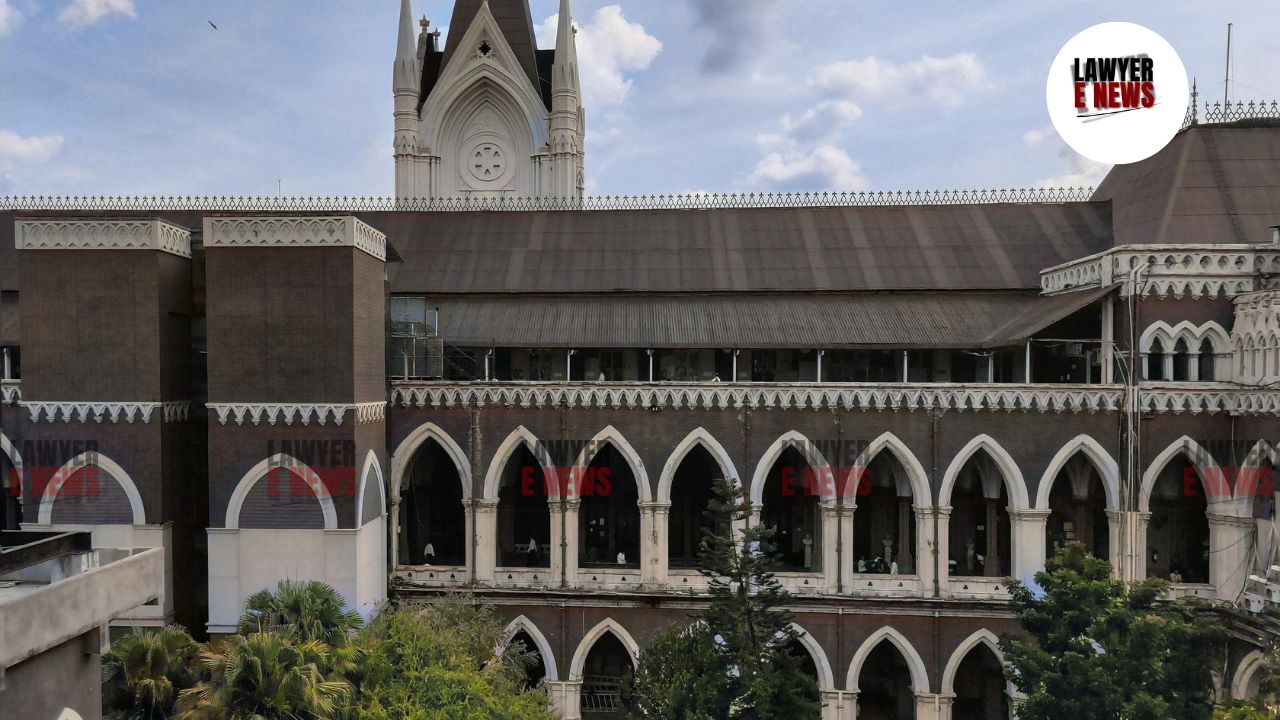-
by Admin
15 February 2026 5:35 AM



Calcutta High Court in Dasrathbhai Narsangbhai Chaudhary @ Dasrath Chaudhary & Another v. State of West Bengal (C.R.R. 1395 of 2022) quashed criminal proceedings against two former directors of a company accused of cheating and criminal breach of trust. The Court held that the dispute over unpaid salary and performance bonuses was civil in nature and did not meet the criteria for criminal prosecution under Sections 420 (cheating) and 406 (criminal breach of trust) of the Indian Penal Code.
The case involved a complaint filed by Debasis Majumdar, a former CEO of Safal Life Science (P) Ltd., alleging that the company and its former directors failed to pay him a salary and performance bonus totaling ₹1.47 crore. Majumdar worked for the company from April 2017 to March 2019, and despite repeated requests and legal notices, his dues were not settled. He initiated a criminal complaint, accusing the directors of cheating and breach of trust. The Judicial Magistrate took cognizance of the complaint and issued summons to the accused.
The former directors, Dasrathbhai Narsangbhai Chaudhary and another petitioner, challenged the proceedings in the High Court, arguing that the dispute was purely civil and that they had resigned from the company before the complaint was filed.
The primary legal question was whether the non-payment of salary and bonuses could be classified as cheating or criminal breach of trust under the Indian Penal Code.
The dispute was a civil matter concerning unpaid dues, which should be addressed through a civil suit, not a criminal proceeding.
They were no longer directors of the company at the time of the complaint, having resigned and transferred their shares in 2019.
The trial court failed to comply with the mandatory provisions of Section 202 of the CrPC, as the accused resided outside the territorial jurisdiction of the court.
The Court found merit in these arguments, emphasizing that no fraudulent intent or dishonest inducement was demonstrated at the time of employment. It noted:
"The allegation in the complaint does not spell out any essential ingredient for the commission of offenses under Sections 406 and 420 of the Indian Penal Code. The disputes between the parties are purely civil in nature."
Justice Ajay Kumar Gupta ruled that the non-payment of salary and bonuses, even if proven, did not amount to cheating or breach of trust. The Court observed that there was no evidence of fraudulent intent or dishonest inducement at the time of hiring, which are essential elements for an offense under Sections 420 and 406. The Court relied on precedents, including Govind Prasad Kejriwal v. State of Bihar, which held that civil disputes should not be transformed into criminal cases.
The Court also criticized the lower court for failing to conduct an inquiry under Section 202 of the CrPC before issuing summons, as the accused resided outside its jurisdiction.
The Calcutta High Court quashed the criminal proceedings and set aside the summons issued against the petitioners, reinforcing the principle that civil disputes over employment-related issues should not be pursued as criminal cases.
Date of Decision: October 4, 2024
Dasrathbhai Narsangbhai Chaudhary @ Dasrath Chaudhary & Another v. State of West Bengal
